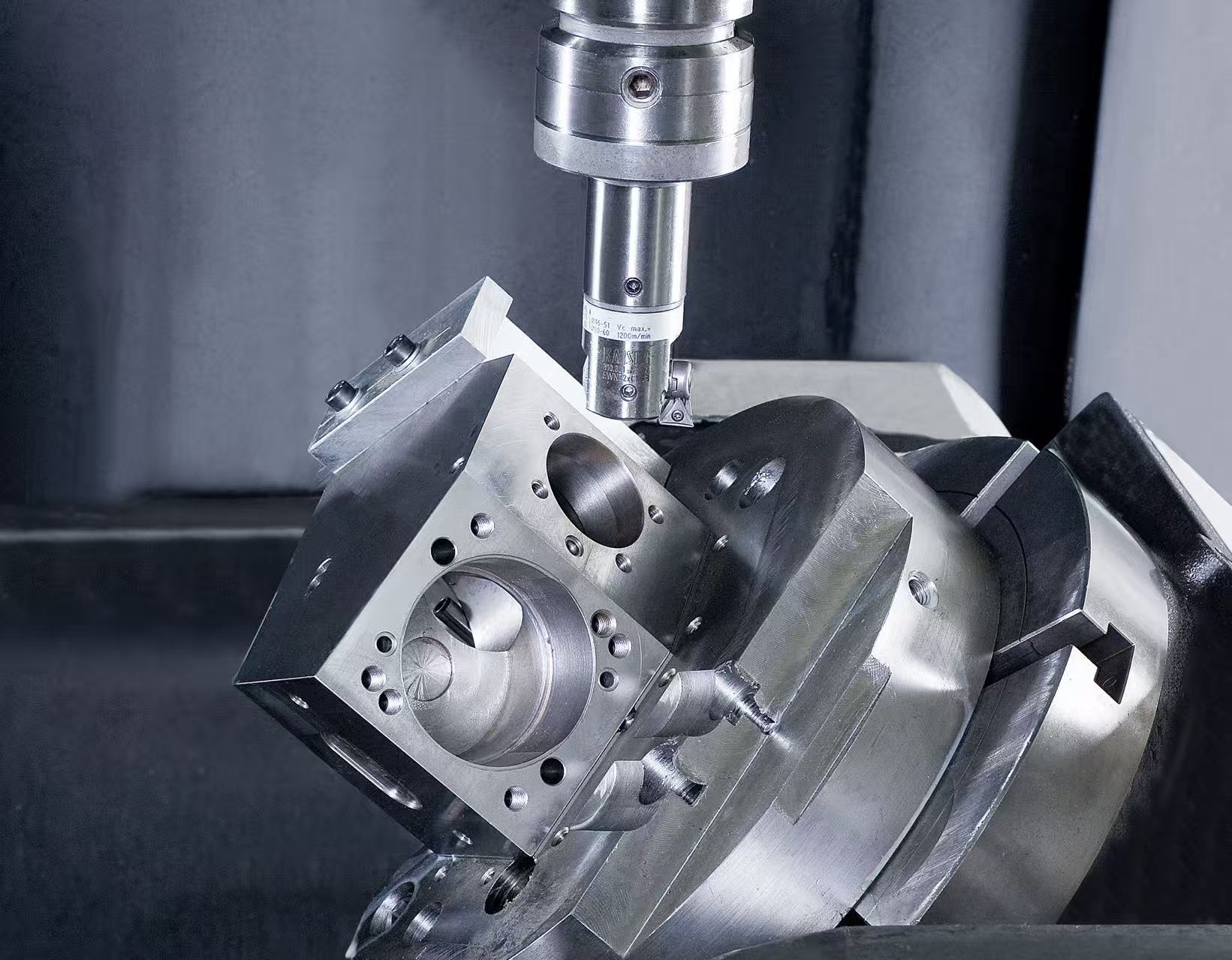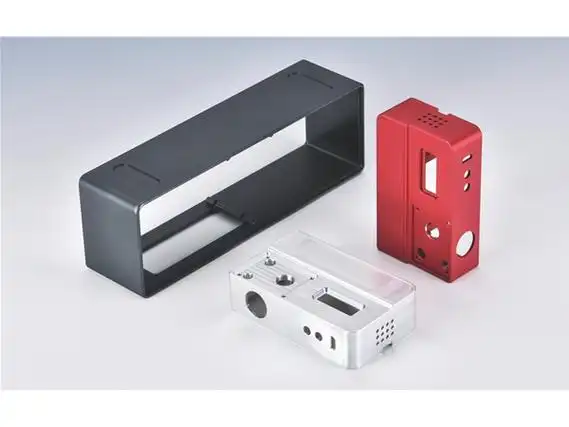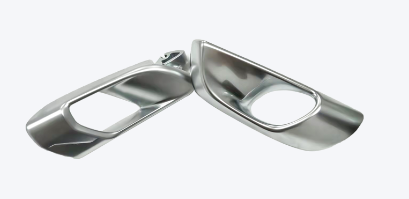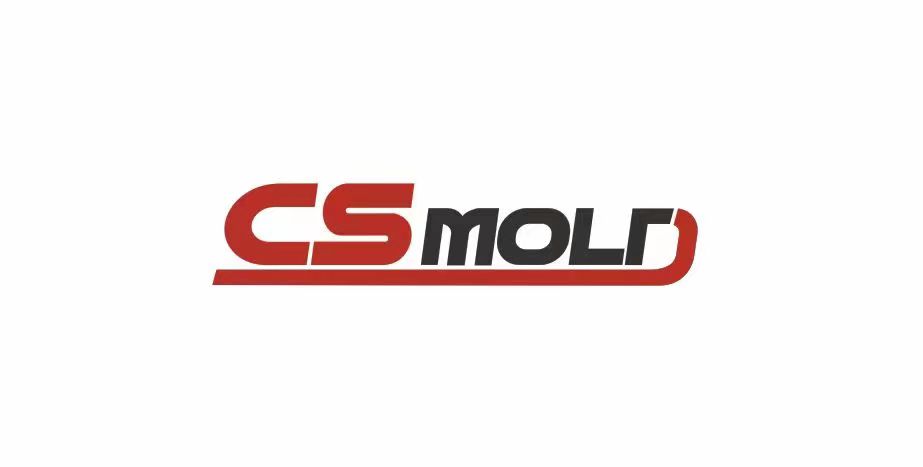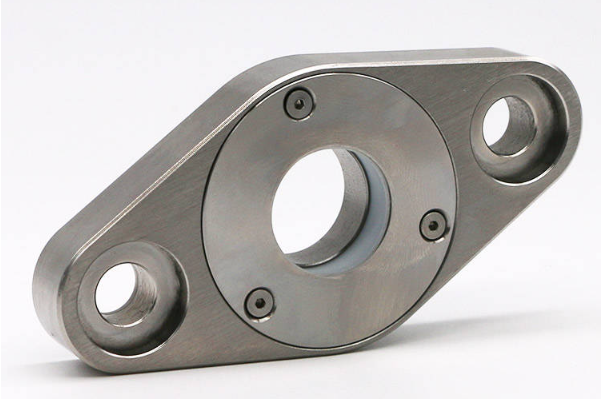
Titanium alloy is becoming more popular in car making. It’s a metal that brings big benefits to cars—like lighter weight, more strength, and longer life. For car brands looking to make better, more efficient vehicles, titanium alloy is a smart choice. At CS Molding, we work with titanium alloy to create high-quality auto parts for global clients. Let’s break down how it’s used in cars.
I.Why Titanium Alloy Fits Car Manufacturing
Titanium alloy has four key traits that make it perfect for cars:
1.1 Lightweight: It’s about 40% lighter than steel but just as strong. Lighter cars use less fuel or battery power.
1.2 Super Strong: It doesn’t bend or break easily—even under high pressure.
1.3 Corrosion-Resistant: It doesn’t rust, even when exposed to water, salt, or chemicals.
1.4 Heat-Resistant: It stays strong in high temperatures (like near engines).
These traits solve big problems for car makers: saving energy, improving safety, and making parts last longer.
II. Key Applications of Titanium Alloy in Cars
Titanium alloy isn’t used for whole cars—just the parts that need its special traits. Here are the most common uses:
1.Engine & Powertrain Parts
The engine is the heart of a car. It gets hot and needs strong, heat-resistant parts.
1.1 Valves: Titanium valves open and close quickly. They handle high heat (up to 600°C) without warping. This makes the engine run smoother and more efficiently.
1.2 Connecting Rods: These link the engine’s pistons to the crankshaft. Titanium rods are light, so the engine can spin faster (more power) without extra stress.
1.3 Turbocharger Components: Turbochargers get very hot. Titanium parts here resist heat and wear, making the turbo last longer.
2.Chassis & Suspension Systems
The chassis (car frame) and suspension keep the car stable and smooth.
2.1 Suspension Springs: Titanium springs are lighter than steel ones. They absorb bumps better and don’t sag over time. This improves ride comfort and handling.
2.2 Control Arms: These connect the suspension to the car body. Titanium control arms are strong but light, reducing the car’s total weight (better fuel efficiency) while keeping it safe.
2.3 Fasteners & Bolts: High-stress bolts (like those holding the suspension together) use titanium. They don’t rust or break, even in harsh weather
3.Exhaust Systems
3.1 Exhaust Pipes & Manifolds: Titanium resists heat and rust from exhaust gases. It’s lighter than stainless steel, so it reduces weight and improves the car’s balance.
3.2 Muffler Parts: Titanium parts in mufflers last longer, especially in cars that drive in salty or wet areas (like near the ocean).
4.High-Performance & Racing Cars
Race cars and luxury high-performance cars use lots of titanium alloy:
4.1 Roll Cages: Titanium roll cages are light but ultra-strong. They protect drivers in crashes without adding extra weight.
4.2 Brake Components: Titanium brake calipers and rotors are light and heat-resistant. They work better during long races when brakes get very hot.
4.3 Body Panels: Some supercars use titanium for small body parts. It cuts weight to make the car faster and more agile.
5.Electric Vehicles (EVs)
Titanium alloy is a great fit for electric cars, which need to save battery power:
5.1 Battery Housing Parts: Titanium protects the battery from impacts and corrosion. It’s light, so it doesn’t reduce the car’s driving range.
5.2 Motor Components: Electric motor parts (like shafts and gears) use titanium. They’re strong and efficient, helping the motor run longer on a single charge.
5.3 Charging Port Parts: Titanium resists wear from repeated plugging and unplugging. It also doesn’t rust from rain or road salt
III.Benefits for Car Makers & Drivers
Using titanium alloy in cars brings clear wins:
Better Fuel Efficiency: Lighter parts mean the car uses 5-10% less fuel (or battery power for EVs).
Longer Part Life: Titanium parts don’t rust or wear out quickly. Car owners spend less on repairs.
Improved Safety: Strong titanium parts (like suspension or roll cages) protect drivers in accidents.
Better Performance: Lighter, stronger parts make cars faster, more agile, and smoother to drive.
IV.CS Molding: Your Titanium Alloy Auto Parts Partner
At CS Molding, we specialize in machining titanium alloy into custom auto parts. We understand the unique needs of car manufacturing—precision, durability, and efficiency. Whether you need engine valves, suspension parts, or EV battery components, we have the expertise to create parts that meet your standards.
We work with both traditional car makers and EV brands. Our team knows how to maximize titanium alloy’s strengths—like keeping parts light but strong, or resistant to heat and rust. We focus on delivering parts that help you build better cars.
If you’re looking to use titanium alloy in your automotive projects, contact us today. We’ll help you choose the right titanium grade and create parts that fit your design and performance goals.

